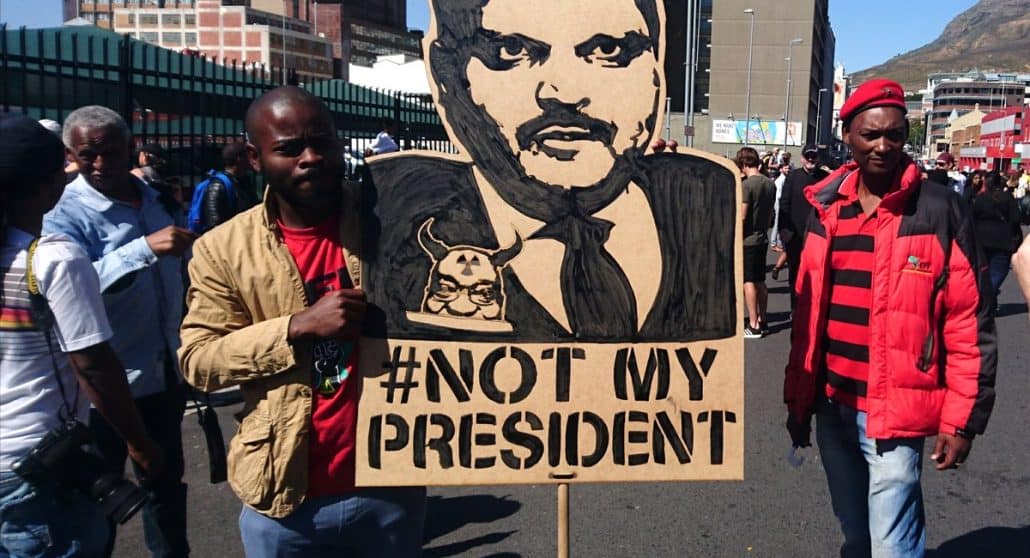The Vanuatu Citizenship Commission has confirmed that Atul and Rajesh Gupta, Indian brothers accused of corruption and state capture in South Africa, are citizens of the Pacific Ocean archipelago.
In a statement cited in local media, the Chairman of the Citizenship Commission, Robin Kapapa, specified that Vanuatu does not intend to revoke the citizenship status of the two brothers unless they are convicted.
“At the present time, there is insufficient evidence to support the need for their citizenship to be canceled,” he said.
Atul and Rajesh, who fled South Africa in 2018 shortly after Jacob Zuma’s fall from power, were arrested in Dubai last year and are currently claimed to be in Emirati custody while the investigation into their activities is ongoing.
Last month, the UAE dismissed South Africa’s request to extradite the two brothers.
The Gupta family immigrated to South Africa from northern India in 1993. Beginning as computer retailers, the Guptas managed to build a sprawling business empire operating in sectors ranging from mining and technology to media, defense, and energy production.
During the presidency of Jacob Zuma from 2009 to 2018, they were alleged to have used bribes to secure access to lucrative state contracts and wield significant influence over South African politics. According to later investigations, the Guptas were even able to manipulate Zuma’s ministerial appointments in their own interest.
Kapapa said that Atul and Rajesh became Vanuatu citizens under the country’s Economic Citizenship Programme in 2019 upon declaring their innocence.
Vanuatu’s citizenship-by-investment scheme, which was launched in 2017, allows foreigners to buy a Vanuatu passport for as little as US$130,000 with very few restrictions.
In July 2021, the Guardian reported that a list of more than 2 000 individuals who had become Vanuatu citizens under the scheme since the beginning of 2020 included a number of wanted criminals, such as South Africa’s Cajee brothers, who allegedly stole $3.6-billion in cryptocurrency.
This article first appeared on the OCCRP website

